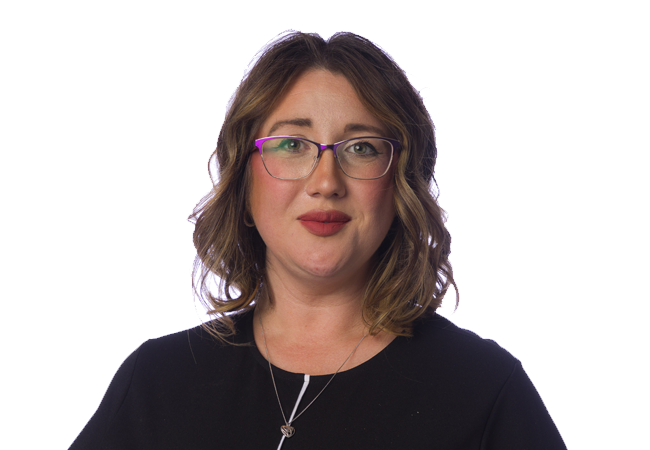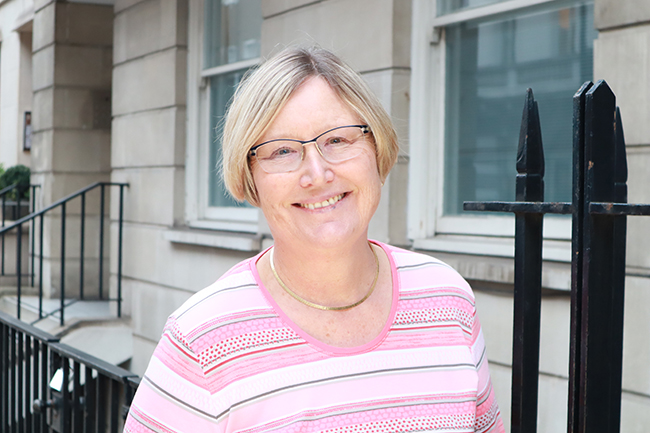What has your career journey been like?
I have had a very rewarding and successful hospital dentistry career journey. On graduating from the University of Edinburgh in 1990, it never occurred to me that my gender would have any relevance to me achieving my career goals. By continuing to work hard and make the most of career-developing- opportunities (timely postgrad exam success, an international research award for my PhD work and peer-reviewed publications), I was unphased by the predominantly male interview panels I faced at each hospital dentistry career stage, from House Officer to Consultant.
On reflection, I have no way of knowing if I had to work harder than my male colleagues to achieve my career goals but I am aware that any career hurdles I overcame as a “woman” became much more of an obstacle when I became a “woman with children” and there is no doubt that some career opportunities did pass me by when I started the balancing act of a career with family life. People in powerful positions move on and mindsets change, so things might be different now.





